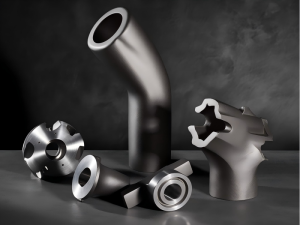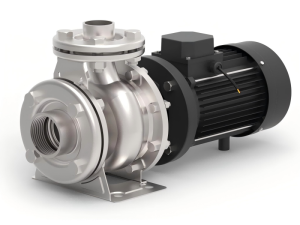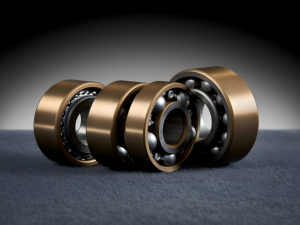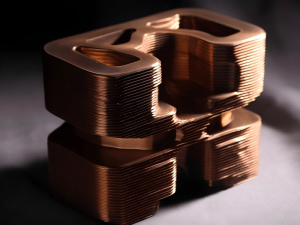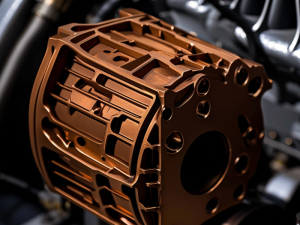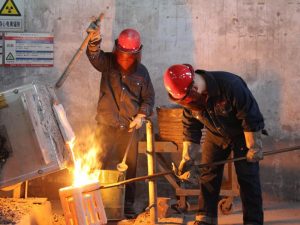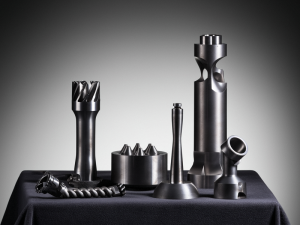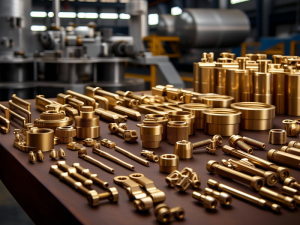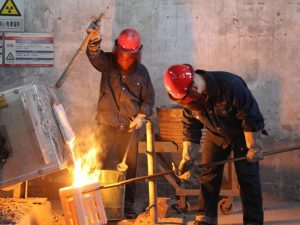
How to Select the Right SS304 Investment Casting Foundry
Choosing the right foundry for lost wax casting precision auto part SS304 investment casting can make or break a project. A reliable supplier ensures high-quality results and smooth operations. However, balancing cost, material quality, and delivery timelines often feels like solving a puzzle. A systematic approach simplifies this decision, saving time and effort.
